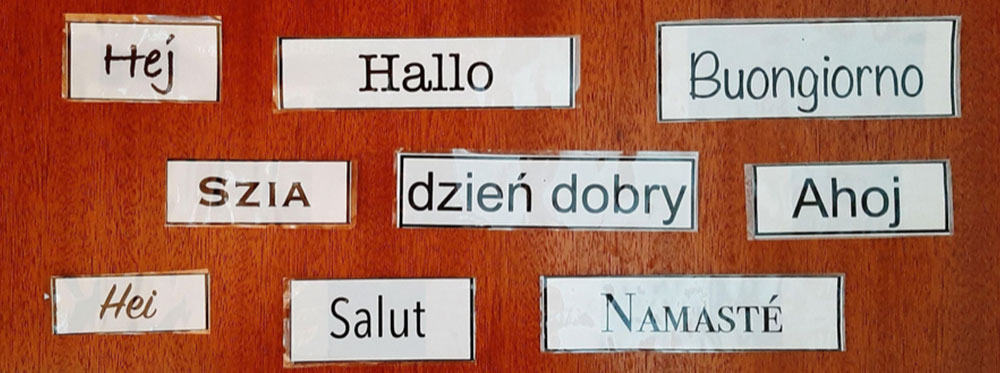Today, we live in a world where traveling across continents takes less than a day, and information is shared instantly in hundreds of languages. As our societies become more interconnected, bilingualism — and even multilingualism — is no longer just an advantage; it is a necessity.
Why Start Bilingual Education in Primary School?
Introducing bilingual learning from a young age sets the foundation for long-term academic, social, and cognitive benefits. Primary school is an ideal stage for language acquisition because young learners are naturally more receptive to new sounds, vocabulary, and structures. Early exposure helps children build fluency and confidence as they grow.
Cognitive and Academic Advantages
Mastering two languages enhances cognitive flexibility, improves memory, and supports the integration of complex concepts. Studies consistently show that bilingual children tend to perform better on standardized tests, especially in areas such as reading comprehension, problem-solving, and analytical thinking. They often show greater adaptability and stronger executive functioning skills.
Cultural Awareness and Open-Mindedness
Learning in two languages naturally exposes students to multiple cultural perspectives. This fosters empathy, global awareness, and a deeper understanding of how different societies operate. Bilingual learners are often more comfortable navigating diverse environments and are better equipped to appreciate cultural nuances.
Long-Term Career Benefits
Fluency in multiple languages is a major asset in today’s competitive global job market. In international fields such as business, diplomacy, education, and healthcare, being bilingual can open doors to a wide range of opportunities. Multilingual professionals are also more likely to be considered for international placements or roles that require intercultural communication.
Social Skills and Emotional Intelligence
Bilingualism promotes strong communication skills, deeper empathy, and the ability to see issues from different perspectives. Children who grow up bilingual are often more adept at building relationships, resolving conflicts, and respecting differences — all essential qualities for personal and professional success.
Final Thoughts
Bilingual education in primary school provides children with more than just the ability to speak two languages. It empowers them with lifelong learning skills, cultivates cultural appreciation, and prepares them to thrive in an increasingly global society.
Below, schools share how they implement bilingual curricula — including immersion models, co-teaching strategies, and cultural integration — to help students unlock the full potential of multilingual education.
